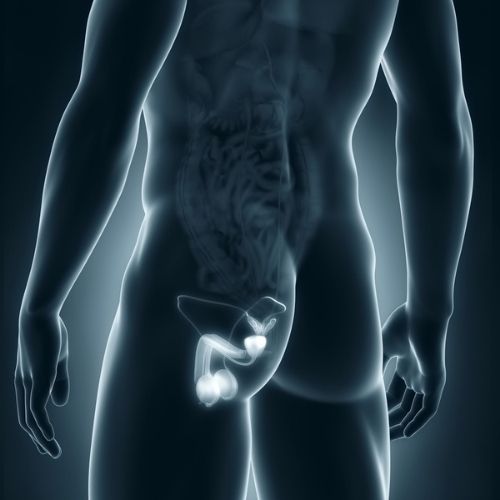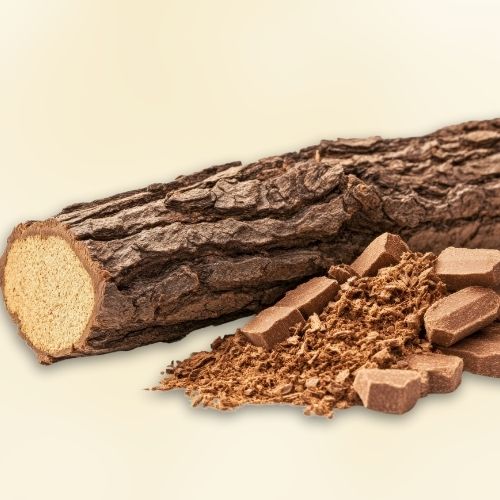“Click here to grow your penis by five inches—guaranteed!” “Boost your sexual performance with this new, all-natural supplement!” With such outrageous claims and mind-boggling myths popping up whenever you look up a men’s health issue on the internet, it’s no wonder many men are misinformed about their penises.
The worldwide web is a dangerous place to seek answers to penis-related questions because exaggeration and fabrication can easily masquerade as truth. Fortunately, these misconceptions can be cleared with accurate facts and a little reassurance. Here are four of the craziest penis myths floating around the internet and the facts that debunk them.

Drumroll please, the Internet’s craziest penis myths are:
1. The most common—and dangerous— is the promise of a magic pill, device, or surgery that can make your penis bigger.
Size is determined by genetics, and no legitimate and safe procedure exists to make penises bigger. So-called enlargement surgeries only mutilate the penis by cutting the ligaments that attach it to the pubic bone or stuffing the shaft with skin, fat, or some synthetic material, resulting in ugly deformities, serious complications, and even permanent damage. Penile prostheses can treat impotence by filling compartments in the shaft called the corpora with a firm material that makes the penis hard enough for penetration, but they cannot make your penis any larger than nature intended. Ignore “bigger is better” internet ads and instead be happy with your penis; if it functions well, you have nothing to worry about
2. Masturbating too much will have negative effects on your health, ranging from low energy and sexual dysfunction to memory impairment and accelerated hair loss
The main risk of “too much” masturbation is irritation or damage to the skin of the penis from excessive friction. You may get fatigued from jacking off frequently, just as you would from any physical activity, but if you use your penis often and vigorously, it will invigorate the rest of your body and keep your spirit young and vibrant. Masturbation is no substitute for sex, but it’s certainly better than no sexual activity.
3. Avoiding ejaculation for long periods to “conserve” semen will turn you into a superman—with an improved physical appearance, enhanced strength, greater mental clarity, and increased confidence
“Semen retention” is not a medically recognized practice. Sperm production remains constant even when you refrain from sexual activity, and the semen is stored inside your body in structures called the seminal vesicles. When these vesicles are full, they spontaneously release the accumulated semen while you sleep, resulting in what are commonly known as nocturnal emissions or wet dreams. The bottom line is that semen retention is physiologically impossible, and any benefits claimed from the practice are bogus. On the other hand, frequent sex is not only one of life’s greatest pleasures but is also good for your physical health, your mood, and your psychological well-being.
4. So-called aphrodisiacs, ranging from the infamous Spanish fly and complex combinations of Chinese herbs to rhinoceros horns and marijuana, are alleged to stimulate sexual desire and improve virility
Medical science has found no evidence that these aphrodisiacs work. They may have a placebo effect, but no animal part or herbal substance will magically enhance a man’s sexual prowess. Some substances, such as marijuana, create the illusion of sexual enhancement because they delay ejaculation, reduce anxiety, lower inhibitions, and heighten erotic sensations.
However, research shows that marijuana’s negative effects are similar to those of alcohol, which leads to the infamous “whiskey dick.” For your safety, do not experiment with aphrodisiacs.
Don’t be fooled by penis myths!
How can men avoid being fooled by the many penis myths circulating on the internet?
First, word your internet searches carefully—if your search terms have an opinion built in, you’ll probably find information confirming that opinion regardless of its truthfulness. For example, searching for “facts about penis size” will get more objective results than “how to make my penis bigger.”
Second, be wary of ads and commercial sites—just because they’re selling you something doesn’t mean they’re wrong, but they are biased. Third, look for sites with .gov, .edu, or .org—these are more likely to provide unbiased data from large studies.
Andlastly, if you remember that sexual prowess is about what’s between your ears, not what’s between your legs, you won’t be fooled by sites that say otherwise.














































































